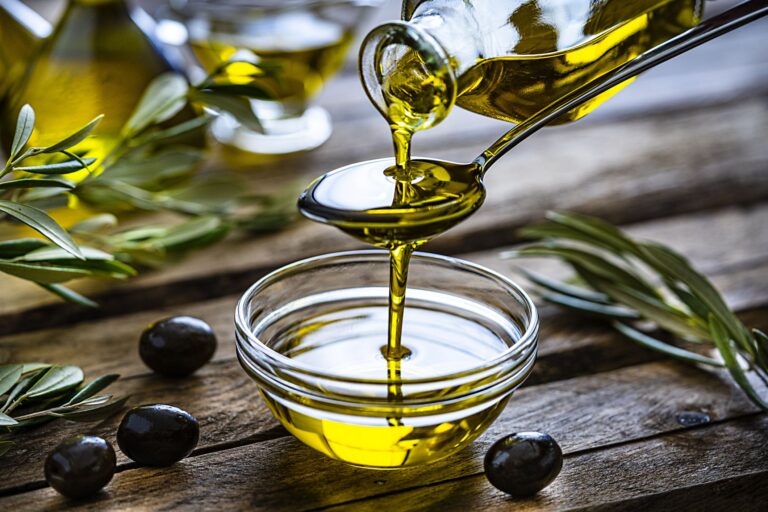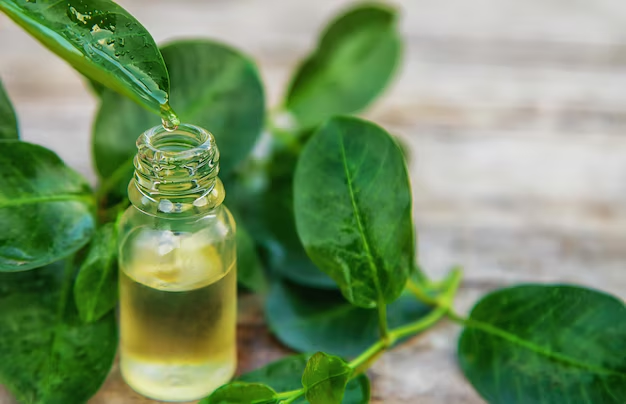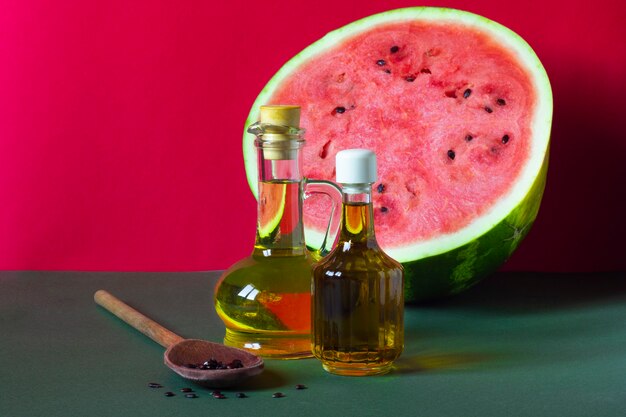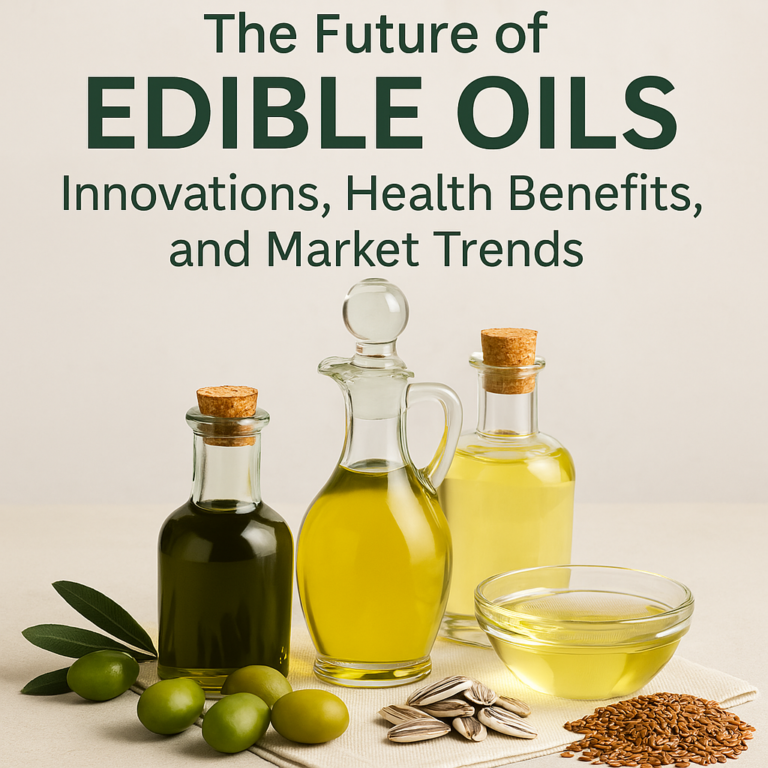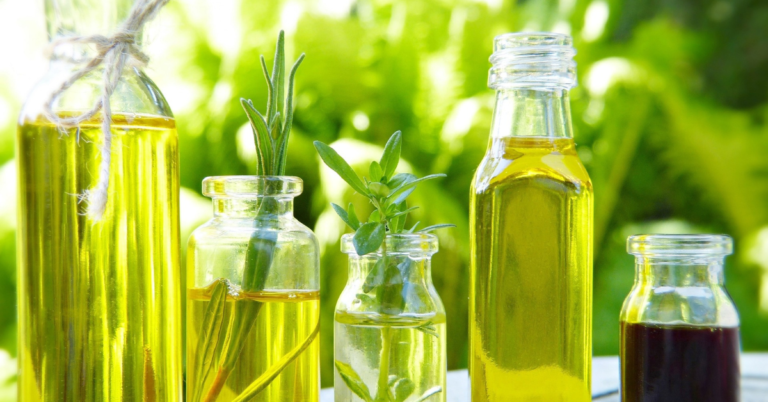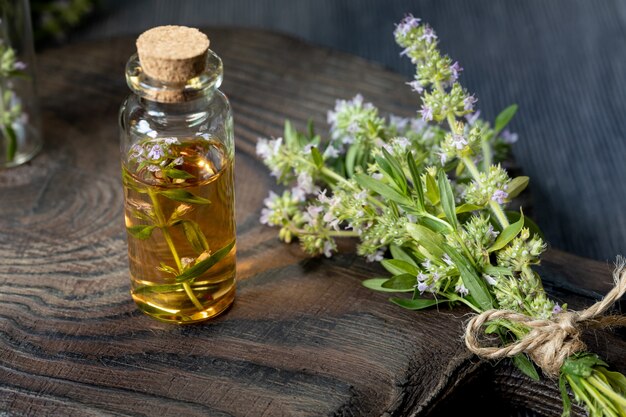
Introduction: A journey into nature’s healing power
Think of yourself in these circumstances: You are in a picturesque Mediterranean village, walking along a bustling marketplace with the aroma of fresh herbs. An elderly lady places a tiny bottle in your palm and whispers to you, “This is thyme oil. For centuries, it has healed wounds, calmed coughs, and kept infection at bay.” Alternative medicine is no stranger to thyme essential oil. Having worked for centuries, it’s been an excellent remedy against infection, inflammation, and all round well-being. So, what does science say? Today, we’re going to discover the antimicrobial and anti-inflammatory activity of thyme essential oil, mechanism, supportive studies, and how you can make use of it to benefit yourself. We’ll also discuss the rising demand for organic extract oils and how they fare relative to other herbal medicines.
Understanding this potent herbal extract
Thyme (Thymus vulgaris) is a powerful but dense mint family herb renowned for its fragrance and medicinal properties. The thyme essential oil derived from the flowers and leaves by steam distillation produces an active and dense liquid containing high levels of bioactive compounds.
The natural composition that makes it powerful
The medicinal use of the thyme essential oil is because it has a high content of chemical material, primarily:
- Thymol – A strong antiseptic and antimicrobial substance.
- Carvacrol – Utilized for its antibacterial and antifungal activities.
- p-Cymene and γ-Terpinene – Contribute overall medicinal value to the oil.
These compounds give the essential oil of thyme excellent antibacterial, antifungal, and anti-inflammatory properties, hence its popularity in traditional as well as contemporary medicine. It also takes center stage when comparing essential oils vs extract oils since its highly concentrated state makes it more therapeutic.
A natural shield against harmful microbes
Thyme essential oil is one of nature’s strongest antimicrobial agents, capable of fighting bacteria, fungi, and viruses. Let’s break down its effectiveness against some of the most notorious pathogens.
Protecting against bacterial threats
A growing concern in healthcare is antibiotic-resistant bacteria like Methicillin-Resistant Staphylococcus Aureus (MRSA). Research shows that thyme essential oil has a 76% inhibitory effect on MRSA growth at just a 0.05% concentration (PMC). This makes it a valuable natural alternative in fighting bacterial infections.
Additionally, thyme oil has been found to be effective against Escherichia coli (E. coli), a bacteria responsible for foodborne illnesses. Studies indicate that thyme oil significantly reduces E. coli growth, making it useful in food preservation and hygiene applications (MDPI).
Addressing fungal and viral infections
Beyond bacteria, thyme oil shows efficacy against fungal pathogens, including Candida albicans, a common cause of yeast infections. Thyme essential oil has been shown to inhibit Candida growth, making it an effective natural antifungal (Nature).
Its antiviral potential is also promising. Research suggests thyme essential oil can help inactivate viruses by disrupting their protective coatings, although more studies are needed.
A natural solution for inflammation and pain
Inflammation is the origin of every chronic disease, from arthritis to heart disease. Thyme essential oil fights inflammation by naturally inhibiting the processes behind uncontrolled immune activity.
How it helps reduce chronic swelling
Chemicals like carvacrol and thymol inhibited inflammatory enzymes that lead to redness, swelling, and pain. MDPI released a study that showed thyme essential oils suppressed inflammatory markers in test subjects, demonstrating its potential in the management of disease like arthritis and lung inflammation.
Easing respiratory ailments
Thyme oil has long been used in traditional herbal medications for respiratory illnesses because it decongests respiratory passages and fights infection. Evidence is valid that thyme essential oil prevents bronchial inflammation and cures cough, and therefore it is a good natural remedy for cold, flu, and bronchitis.
How to use this essential oil effectively
1. For respiratory support:
- Add a few drops to warm water in a bowl and inhale the vapors to dislodge congestion.
- Mix with a carrier oil (like coconut oil) and rub on the chest to alleviate coughing.
2. For skin health:
- Mix with a carrier oil and place on acne skin for antibacterial properties.
- Utilize as an all-natural wound cleanser for small cuts and scrapes.
3. For immune system support:
- Diffuse thyme oil to cleanse the air and boost immunity.
- Blended with home herbal teas or honey mixtures (make sure they are food-grade pure).
- The Top 5 Essential Oils for Immune System Support
How it compares to other plant extracts
You can wonder: How is thyme essential oil different from thyme extract oils?
- Essential oils are very potent, steam-distilled from the plant, and therefore active and volatile.
- Extract oils are less concentrated and are primarily solvent-extracted with a combination of water-soluble and oil-soluble material.
Because of their Therapeutic Benefits, essential oils like thyme oils are selected as they have high contents and active constituents.
Why more people are choosing organic essential oils
With individuals looking for natural solutions to health, organic extract and essential oils are attracting a new consumer base. Essential oils markets worldwide are poised to grow at a CAGR of 9.2% between 2022 and 2030, with thyme oil taking the lead for immune system maintenance and antimicrobial drugs.
Conclusion: Could thyme essential oil be your next holistic remedy?
Thyme essential oil is more than a pungent-scented herb—it’s a science-proven natural treatment that’s full of potent antimicrobial and anti-inflammatory properties. From dissolving bacteria and fungi to soothing chronic inflammation, it’s an essential oil that’s well worth including in your natural health and wellness toolkit.
So, what do you think? Do you incorporate thyme essential oil into your health, or do you utilize other essential oils for your requirements?
